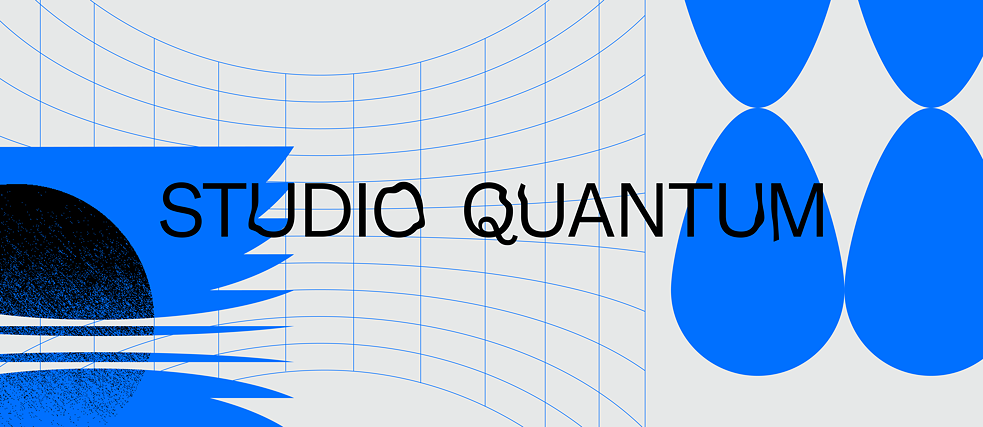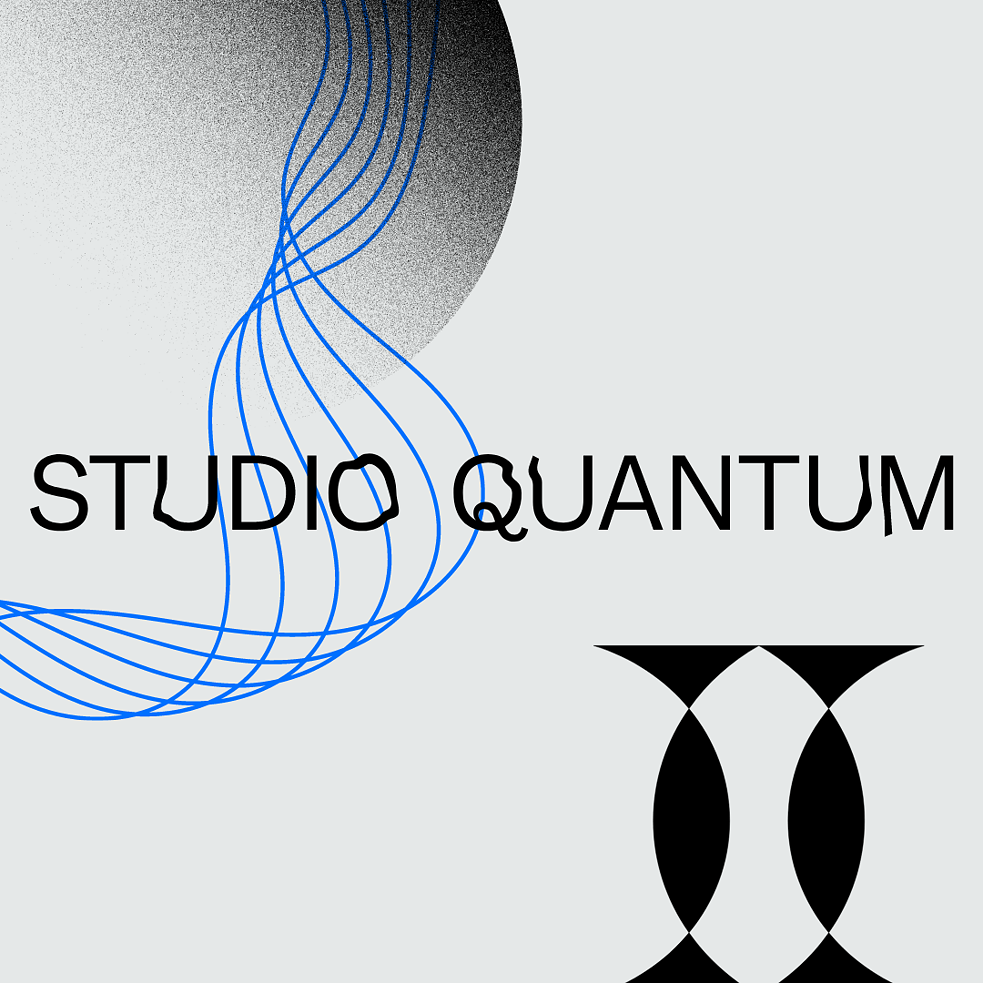Studio Quantum residency in London
Hosted in partnership with Science Gallery London at King’s College London, and with Dr James Millen (Department of Physics, King’s College London), the Studio Quantum London residency (Oct - Dec 2024) is aimed particularly at writers and/or poets who are interested in exploring the philosophical implications of quantum physics.
What are the implications of seeing the invisible?
Often described as counterintuitive, weird, or spooky, quantum physics can feel strange to those who work in the field as well as those who are outside, looking in. As far as we're aware quantum physics is just the way nature works, so why does it feel strange to us as humans? Is it simply because it deals with the physics of very tiny things, or is there something more fundamentally inexplicable about the nature of quantum physics?The world as we know it relies on quantum phenomena such as superposition and entanglement, which drive technologies such as GPS, the internet and MRI scanners. If such a key area of science is so poorly understood - not only by the public, but by experts in other walks of life - what does this mean for society at large? How would perceiving quantum effects at human scale change our perception of reality?


